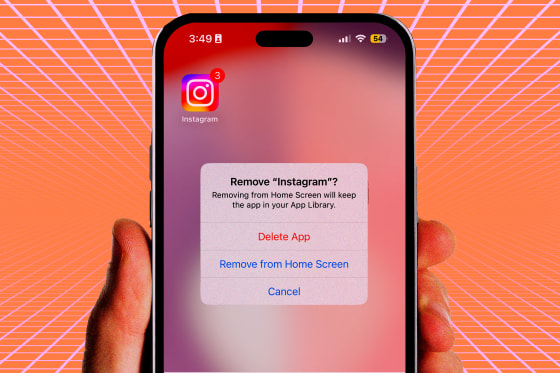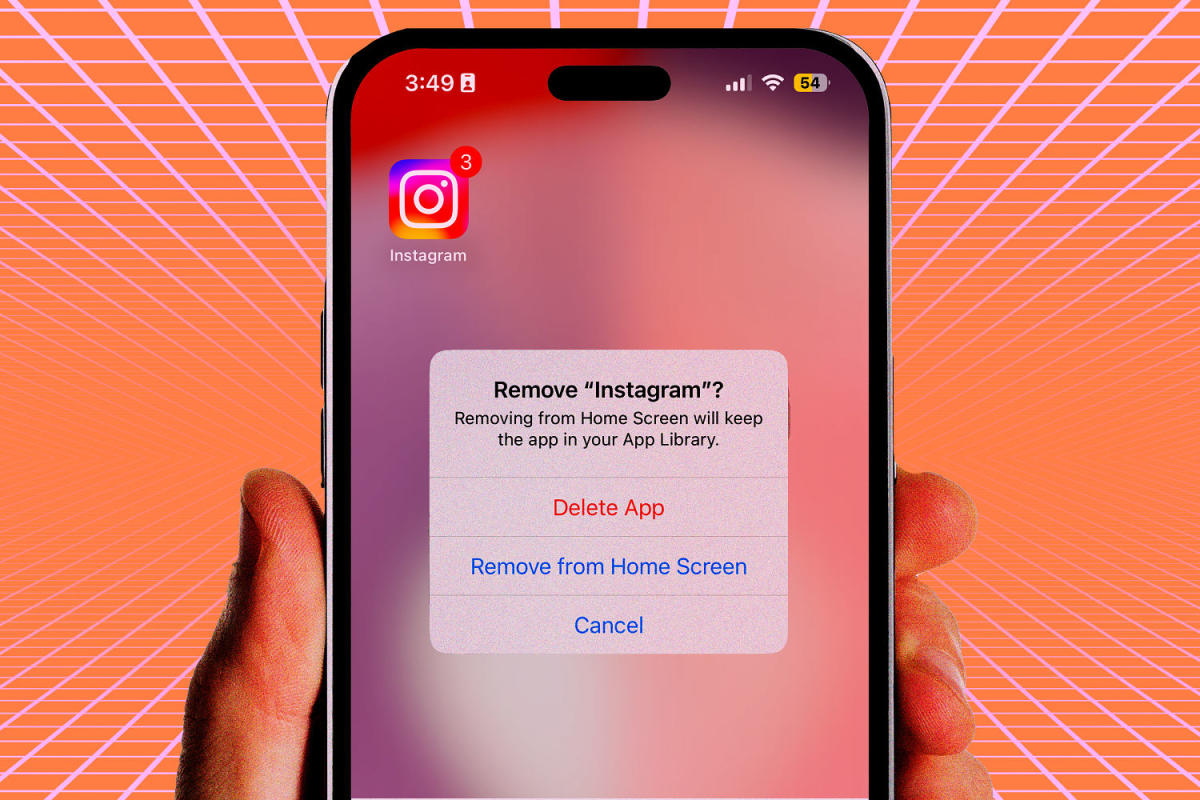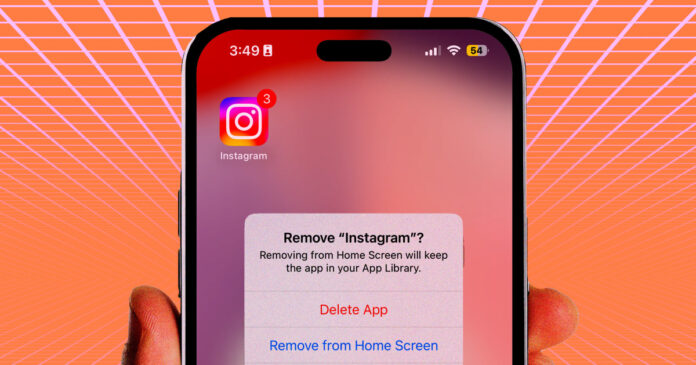safe
Meta’s Shift to the Right: A Threat to Safe Online Spaces
Meta’s recent policy changes, announced ahead of President-elect Donald Trump’s second term, have sparked widespread concern among its users. The company’s decision to end its third-party fact-checking program in the United States and pull back on content moderation around political discourse has raised questions about the safety of online spaces.
One of the most alarming changes is the update to Meta’s policy on hateful conduct, which now allows LGBTQ people to be called mentally ill because of their identities. This move has been widely criticized by the LGBTQ community and its allies, who see it as a step backward in the fight against hate speech and online harassment.
Marie Valencia, a full-time artist and queer Chicana woman, is one of the many users who have felt compelled to leave Meta’s platforms in response to these changes. “I no longer feel safe to post on either platform,” she said. “I have seen a steady stream of folks abandoning their profiles as well, especially in the last couple weeks as Meta has dismantled DEI and speech protections for those most vulnerable online.”

The Impact on Marginalized Communities
Meta’s changes have been particularly devastating for marginalized communities, who have long relied on online spaces as a means of connection and support. The company’s decision to disband its diversity, equity, and inclusion team has sent a clear message that these communities are no longer a priority.
“Meta will become another X,” Valencia said, referencing the platform formerly known as Twitter, which has also been criticized for its handling of hate speech and online harassment. “It’s heartbreaking to see a company that was once a leader in promoting online safety and inclusivity take such a drastic step backward.”

The Exodus from Meta’s Platforms
Meta’s changes have sparked a cascade of reactions among its users, with many announcing their decision to delete their accounts or boycott the company. Google searches for deleting Facebook and Instagram have sharply increased since the changes were announced, according to Google Trends.
Cord Jefferson, director of the Academy Award best picture nominee “American Fiction,” is one of the many users who have spoken out against Meta’s changes. “So many things are getting bleaker and grosser by the day,” he wrote on Instagram. “I’m doing what little I can to shut the increasingly stupid ideas that shape online spaces like this out of my life.”
A Growing Trend
The exodus from Meta’s platforms is reminiscent of the mass departure from X (formerly Twitter) after the 2024 election. Many users are seeking alternative platforms that prioritize online safety and inclusivity.
Valencia has moved to posting on Bluesky, an alternative to X, as well as a platform for Latina women called Amigahood. “I’m grateful to have found communities that align with my values and prioritize online safety,” she said.
Expert Analysis and Insights
Meta’s changes have been widely criticized by experts in the field of online safety and inclusivity. Mark Lemley, a Stanford University law professor who represents Meta in a copyright dispute involving artificial intelligence, has spoken out against the company’s decision to disband its diversity, equity, and inclusion team.
“I have struggled with how to respond to Mark Zuckerberg and Facebook’s descent into toxic masculinity and Neo-Nazi madness,” Lemley wrote. “While I have thought about quitting Facebook, I find great value in the connections and friends I have here, and it doesn’t seem fair that I should lose that because Zuckerberg is having a mid-life crisis.”
A Call to Action
As the debate around online safety and inclusivity continues to grow, it is clear that users will no longer tolerate platforms that prioritize profits over people. Meta’s changes have sparked a wider conversation about the role of technology in shaping our online experiences.
As Valencia so eloquently put it, “We deserve better. We deserve platforms that prioritize our safety and well-being, and that promote inclusivity and respect for all users.”
Conclusion
safe

